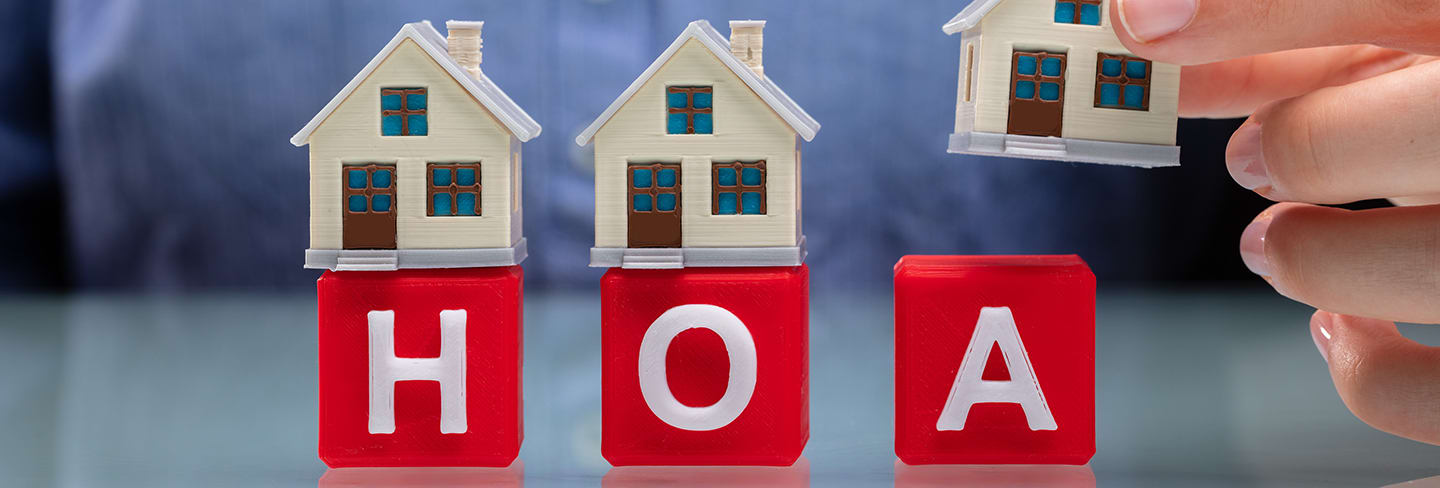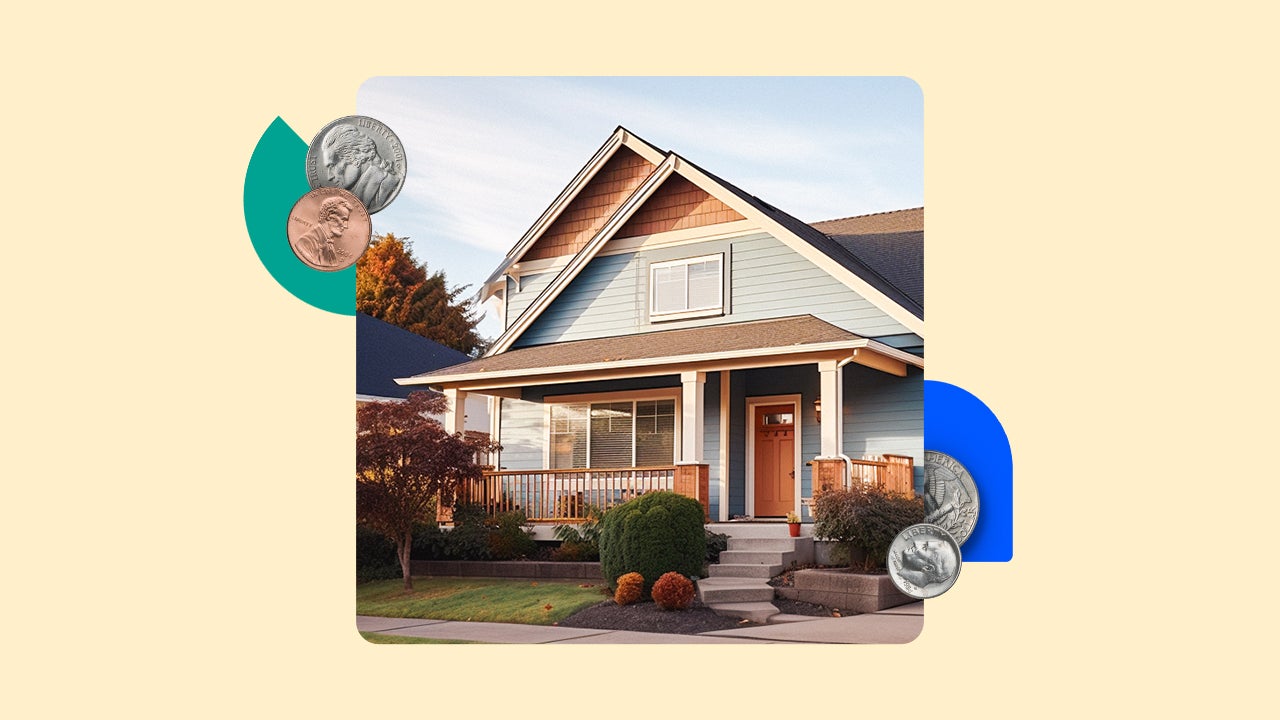The Function of Home Owners fit HOA Policies
In the realm of home owners' associations (HOAs), the function of home owners fit plans holds significant importance. Homeowners are not simply occupants yet energetic stakeholders in the neighborhood they reside in, with a vested rate of interest in the regulations and policies that regulate their every day lives. Understanding exactly how house owners can influence and add to HOA policies is vital for cultivating an unified living setting. By exploring the methods where homeowners can affect decision-making processes, we discover a vibrant interaction that forms the really essence of community living. Remain tuned to untangle the elaborate internet of house owner engagement and its influence on shaping HOA policies.
Significance of Home Owner Interaction
House owner engagement plays an important duty in forming the policies and choices of house owners' organizations (HOAs) When house owners actively take part in the decision-making procedures of their HOA, they add varied point of views that can lead to even more inclusive and all-round plans (hoa san antonio).
Furthermore, home owner engagement fosters a sense of possession and responsibility within the area. When homeowners are involved in shaping HOA plans, they are more probable to conform with these policies willingly. This can cause an extra unified living setting where homeowners work together in the direction of typical goals and shared worths. In addition, engaged property owners are more probable to support HOA efforts, which can lead to smoother execution and better general success.
Ways to Impact HOA Policies
Effective engagement in home owners' organization (HOA) boards and meetings supplies locals opportunities to shape and influence HOA plans. One of the most straight ways property owners can affect HOA plans is by actively taking part and participating in in HOA meetings.
Moreover, house owners can team up with their next-door neighbors to develop a joined front when promoting for particular plan changes or campaigns. By arranging petitions, conducting surveys, or hosting neighborhood meetings, house owners can show the level of support for their recommended policies and enhance their opportunities of affecting the HOA's decisions. Inevitably, by proactively getting involved, involving with fellow citizens, and tackling leadership roles within the HOA, house owners can properly form and influence HOA plans to better reflect the needs and choices of the neighborhood.
:max_bytes(150000):strip_icc()/hoa_definition_final_0831-cbe453e1394645a4aef8e856cba48d60.jpg)
Impact of Home Owner Involvement
The active participation of residents in home owners' association (HOA) tasks considerably affects the policies and choices controling the area. When homeowners join HOA meetings, provide feedback on proposed plans, and participate in discussions with the board participants, their input can shape the direction of the community. Homeowner engagement guarantees that the HOA board thinks about a varied range of perspectives prior to making choices that impact the whole neighborhood.
Furthermore, homeowner engagement can lead to enhanced transparency within the HOA. By actively taking part in the decision-making process, citizens can hold the board accountable for their actions and ensure that policies are applied rather and in the finest rate of interest of the neighborhood in its entirety.
Moreover, when property owners actively join forming HOA policies, they really feel a better feeling of possession and satisfaction in their area (hoa san antonio). This sense of involvement fosters a stronger feeling of area and urges locals to collaborate in the direction of Get the facts typical goals, ultimately creating a more unified and preferable living atmosphere for all citizens

Advantages of Active Home Owner Involvement
Energetic engagement by citizens in home owners' organization activities adds dramatically to the improvement of community administration and cohesion. When house owners proactively participate in HOA affairs, they bring important insights and diverse viewpoints to the decision-making procedure. This participation fosters a feeling of ownership and obligation amongst residents, resulting in a much more cohesive and unified area.
Moreover, active homeowner participation helps to make sure that HOA policies align with the needs and choices of the neighborhood participants - hoa san antonio. By articulating their opinions and concerns, citizens can affect the advancement of regulations and regulations that promote consistency and well-being within the area. This joint strategy not just enhances neighborhood bonds however also boosts the overall quality of life for house owners
In addition, active house owner involvement can cause boosted transparency and accountability within the house owners' association. When citizens are actively participated in the administration procedure, there is higher oversight and scrutiny of decision-making, which can aid stop potential conflicts and make sure reasonable and equitable treatment for all members. Inevitably, the benefits of energetic property owner involvement expand beyond individual houses to produce an extra dynamic and thriving area.

Producing a Community-Driven HOA
Given the value of property owner participation fit HOA policies, fostering a community-driven approach is vital for the lasting governance and growth of the area. A community-driven HOA encourages citizens to proactively take part in decision-making processes, making sure that policies mirror the diverse needs and choices of the area. By motivating open interaction and cooperation in between homeowners and the HOA board, a feeling of common obligation and possession is grown, resulting in raised complete satisfaction and consistency within the neighborhood.
Developing a community-driven HOA involves great site establishing systems for house owner comments, such as surveys, community hall meetings, or pointer boxes, to gather input on vital concerns and possible policy modifications. Additionally, promoting transparency in HOA procedures and decision-making procedures promotes depend on and responsibility among homeowners. By valuing property owner viewpoints and engaging them in the administration of the community, a community-driven HOA can enhance general resident complete satisfaction, promote a feeling of belonging, and add to the long-term health of the community.
Verdict

In final thought, energetic property owner interaction plays a critical function in shaping HOA policies. visit this site Creating a community-driven HOA needs ongoing interaction and participation in between home owners and the organization to ensure plans reflect the needs and preferences of the neighborhood.
In the world of house owners' organizations (HOAs), the duty of property owners in shaping policies holds substantial importance.Homeowner interaction plays an essential function in shaping the plans and decisions of homeowners' organizations (HOAs)Efficient involvement in homeowners' association (HOA) boards and conferences uses citizens chances to form and affect HOA plans. Eventually, by actively participating, engaging with fellow citizens, and taking on management duties within the HOA, house owners can efficiently affect and shape HOA plans to better reflect the requirements and choices of the community.
Additionally, active house owner participation can lead to boosted openness and responsibility within the homeowners' association.